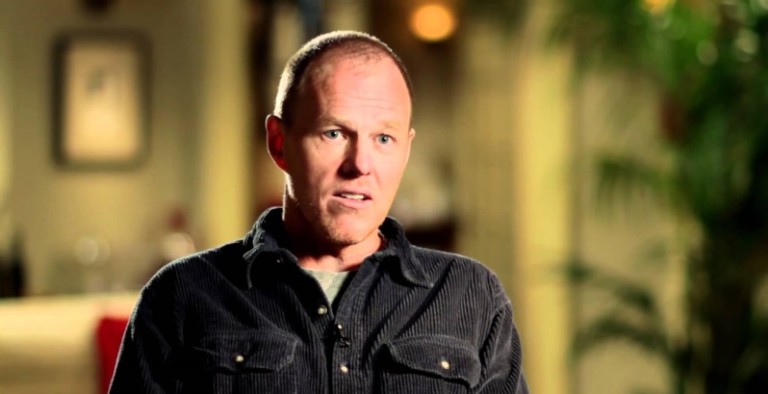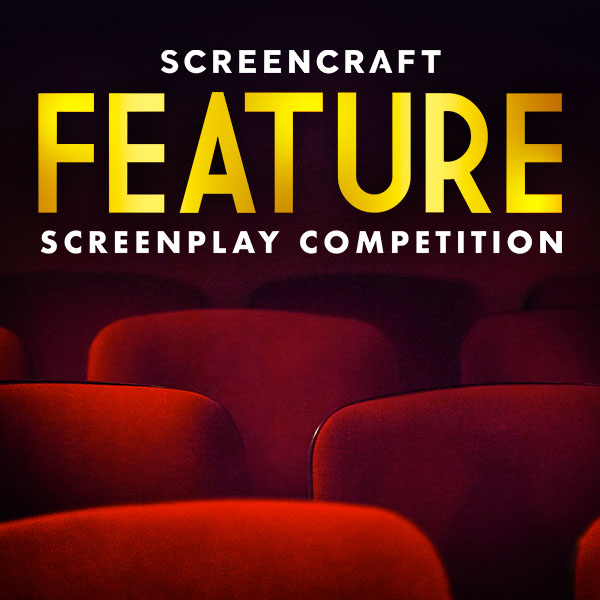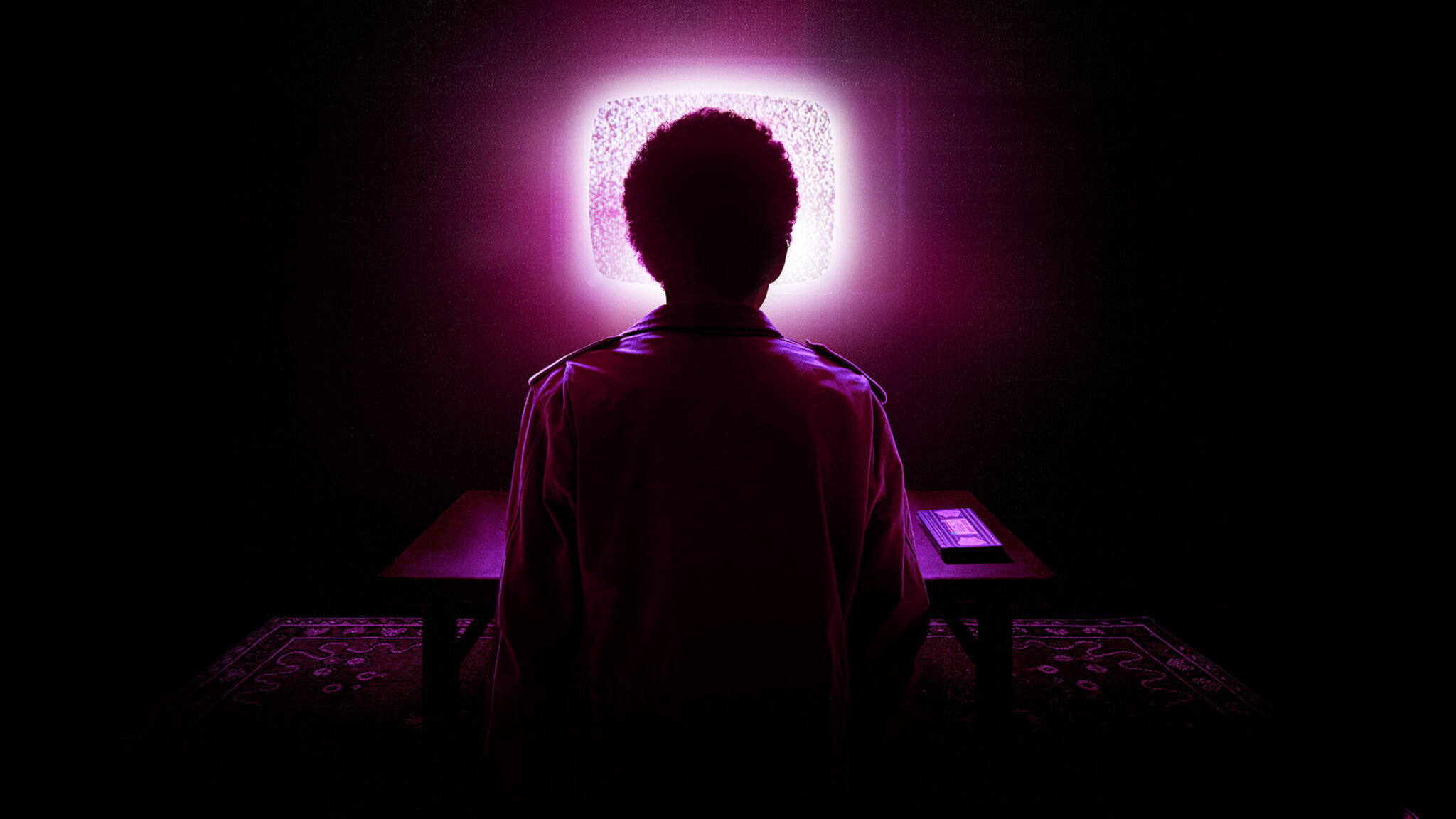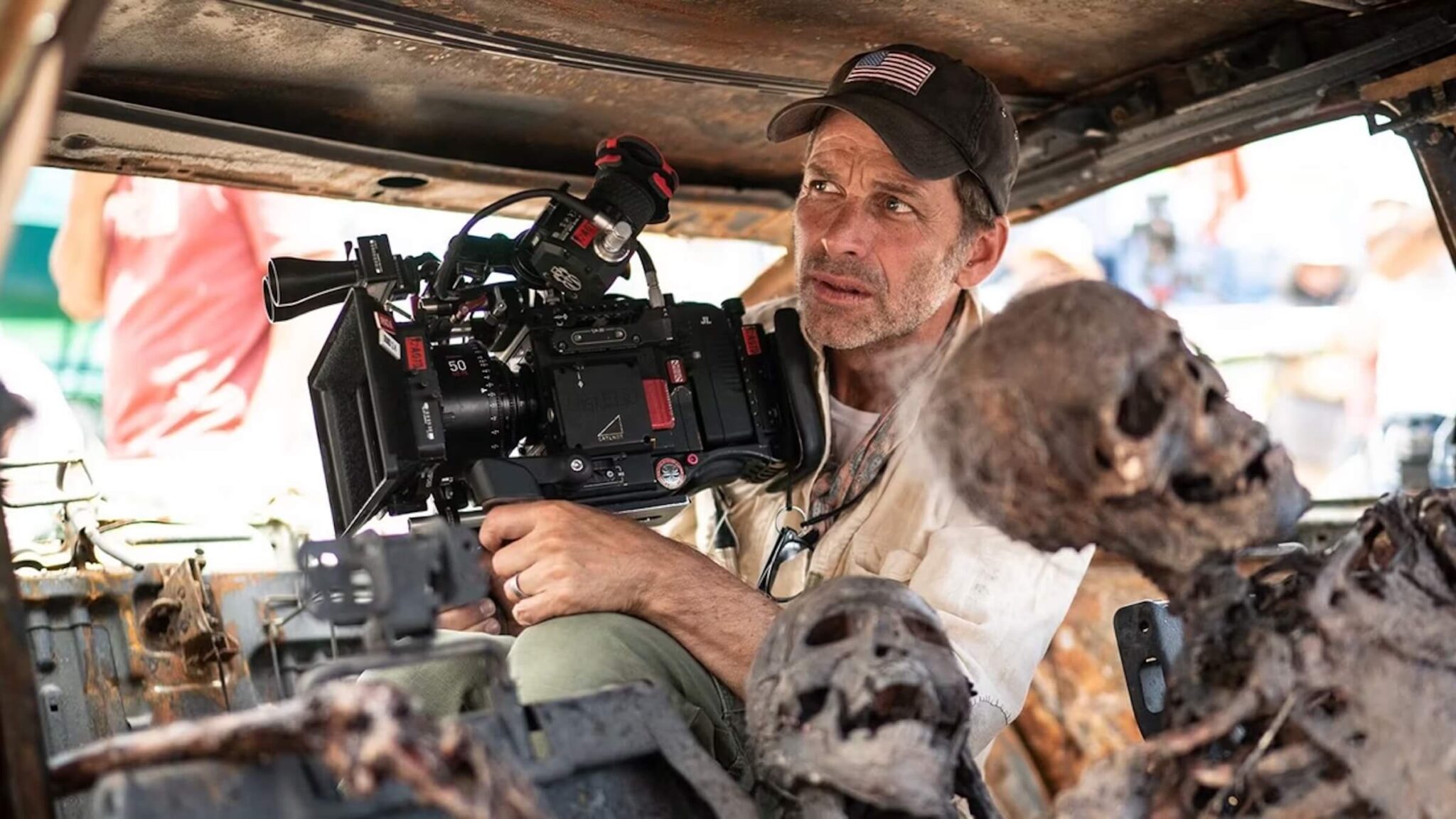7 Screenwriting Insights from Academy Award-Winner Brian Helgeland

The BAFTA Guru Youtube channel offers a plethora of amazing interviews and lectures with the film and television industry's best. Today we feature the Brian Helgeland lecture, from which we've pulled seven direct insights on screenwriting and elaborated on what they mean for you, the screenwriter.
Helgeland has written over 60 screenplays, 24 of which have become films or television series. He is one of a select few that have won both an Academy Award (L.A. Confidential) and a Razzie (The Postman) in the same year — on the very same weekend. His additional writing credits include; Conspiracy Theory, Payback, A Knight's Tale, Blood Work, Mystic River, Man on Fire, The Taking of Pelham 123 (remake), Green Zone, and Robin Hood. He also both wrote and directed the critically acclaimed 42 and Legend.
1. Don't become cynical.
Helgeland specifically points out that writers can't be cynical about the work. Screenwriters are often instructed to chase certain trends, write in certain genres, etc. While this is true and necessary, you always have to find something that engages and stimulates you. That's how you avoid becoming cynical in what can be such a cynical business.
We all know Hollywood is hard to break into. We all know that the studios make sequels, remakes, reboots, and superhero flicks ad nauseam. What screenwriters can't do is allow that to bring them down or become jaded. The real screenwriters — those that will likely see more success — are those that accept that and overcome it. They find those hybrids of what they want to do and marry that with what is commercial enough for the producers and studios.
Cynicism will get you nowhere fast.
2. When you’re writing, it’s theoretical. When it’s being produced, it’s acutely practical.
He was more so comparing the differences between screenwriting and filmmaking, however, this is an insight that screenwriters can learn from. Writing is theory. There are no boundaries. There are no limits. If you're writing under assignment, sure, there are constraints, but even then, anything is possible.
Allow that to be a weight lifted off of your shoulders as you write because the real pressure starts when the producers and studios begin production where thousands of decisions need to be made with money, time, and limitations in mind.
As a screenwriter, it's just you and those keys. So just write.
3. Screenwriters have to fight.
Granted, this was Helgeland talking from the perspective of one of the most in demand screenwriters in the industry today, however, there's something to learn for the novice screenwriter as well.
First and foremost, never apologize for yourself in Hollywood meetings or calls. You have to showcase confidence and ability. You have to communicate your take and your perspective on any given project. Those above you will respect that. That said, there's a big difference between confidence and ego. If you keep your ego in check while believing in your abilities and communicating them with confidence, the sky is the limit for you.
And yes, when you do reach a certain level of success, you'll have to learn to fight for what you believe in a little more. As long as the work is great, you'll afford yourself the freedom to voice your own wants and needs.
4. There is no magic tool box.
Despite the fact that he has over 60 screenplays under his belt, with more in the works, Helgeland admits that with each script he feels just like most novice screenwriters likely do. He doesn't know how he's going to finish. He doesn't know how he's going to craft that story. He's goes in nervous and doubtful. Sound familiar?
Too many novice screenwriters believe that when you reach a certain level of success, you have this magic tool box that makes writing a script for producers and studios easy. Nothing could be further from the truth. Established screenwriters — the top one percent — go through many of the same struggles that undiscovered screenwriters go through in their journey.
So take comfort in knowing that you're on the same level with them in many respects and a majority of them struggled for a decade or more before they finally started seeing some success.
5. There's no such thing as writer's block.
Helgeland goes on to say that what many feel is writer's block is merely the price you pay for having that previous great day of writing. You do more work sitting and staring at the wall than you ever do typing. If you’re unwilling to go through the pain of that, than you’re not ready for this business.
Writing a screenplay — or any type of story — is a process. It's often the same type of process for all. You have your good days and your bad days. You have your good weeks and your bad weeks. And yes, you have your good scripts and your bad scripts. It's the nature of the craft.
Writer's block is just an excuse we use to not work harder and showcase persistence.
6. Movie dialogue is never how people talk.
It’s how we wished people talked. It’s what you wish you could have said when someone insulted you. It’s what you wish you could have said in a romantic moment. He goes on to say that the trick to dialogue is that it’s a rhythm. You want to say it out loud. Say it often. Repeat it over and over again. Above all you want to shorten it. He plays a game with himself where if he has ten lines of dialogue, it has to be seven. And so on. Reduction of dialogue is what makes great movie dialogue. The best actors want less of it.
7. Directors and writers are lost without each other.
Much is written about the divide between the director and the writer. The truth is, a secure director really wants to hear what you have to say, whether they agree with you or not. The more push and pull, the better the film usually ends up being. This harkens back to fighting for yourself. When you get to the point where you are being hired for assignments, you're expected to push back a little. You wouldn't be doing your job otherwise. You must choose your battles wisely and be very collaborative, but you have to fight for what you believe in as well. Comprises can and will happen but you can never be on the positive end of a compromise if you don't fight for yourself a bit. This leads to a great director and writer relationship.
Helgeland shares a couple of amazing stories about the days he was working with Clint Eastwood. His script Blood Work was the shortest screenplay he had ever written at 95 pages. When he was finished, he walked into Eastwood's office and handed it to him. Eastwood looked at it curiously, looked up and said, "How many pages is this?"
"Ninety-five," replied Helgeland.
Eastwood quipped, "This is already the best screenplay I've ever read in my life."
He goes on to tell the story about initially rejecting an offer from Eastwood to write the adaptation of Mystic River. Helgeland sent the message through his agent. That day, which was a Sunday, Eastwood called him and asked him where he lived. Helgeland offered to drive to him, but Eastwood insisted on making the hour plus drive. Some time later that Sunday, Eastwood came knocking. He entered the house, looked around, and didn't speak too much. Helgeland offered him a drink. Eastwood said no. Helgeland offered him a cookie. Eastwood took it as Helgeland started to get him a plate until Eastwood stopped him, saying that he didn't need one. He walked into the kitchen and ate the cookie over the kitchen sink silently — such silent moments with Clint Eastwood are not unusual. Helgeland sat down at the kitchen table until Eastwood turned towards his direction with no eye contact and said, "So are you going to do the book?"
"Yes sir, I'll do the book."
Directors and writers are lost without each other.
Watch this excellent lecture and interview below in its entirety.
Tags
Get Our Screenwriting Newsletter!
Get weekly writing inspiration delivered to your inbox - including industry news, popular articles, and more!


























